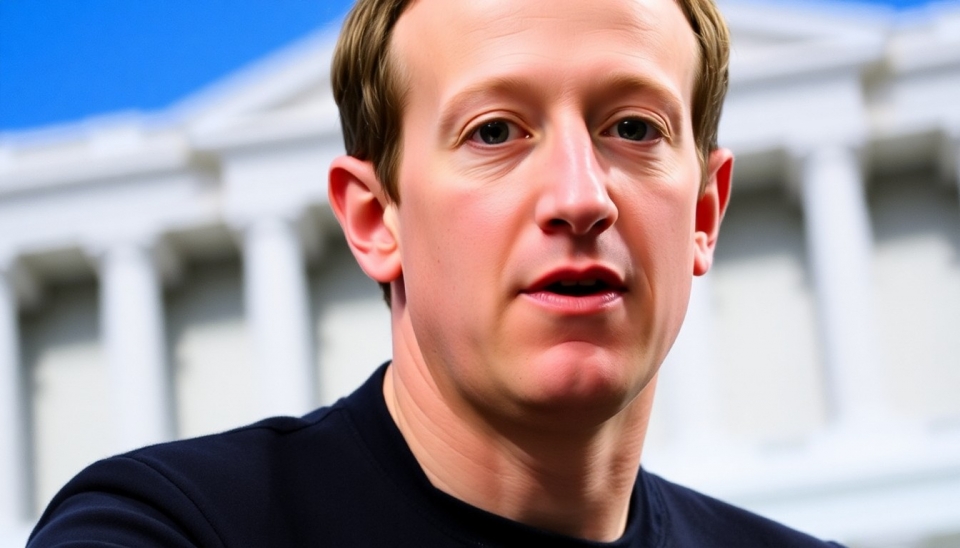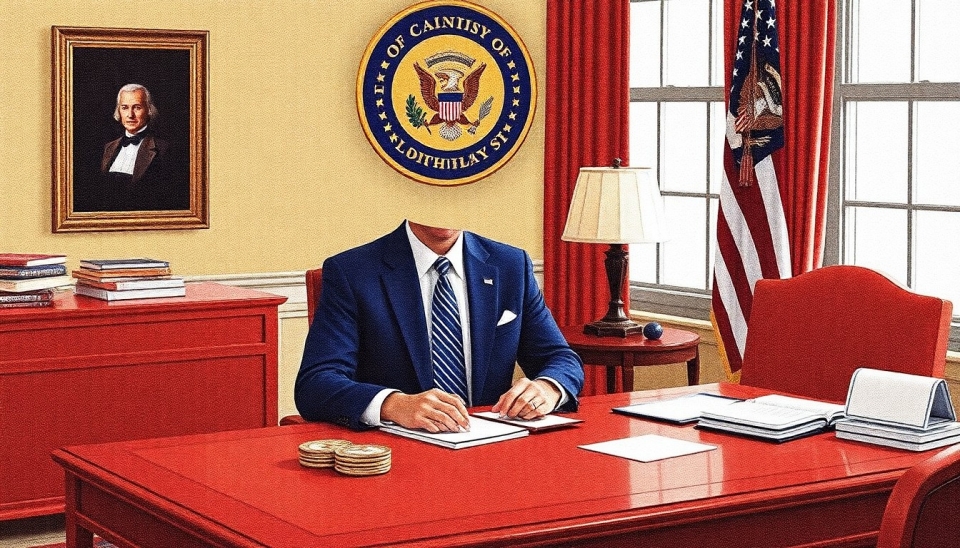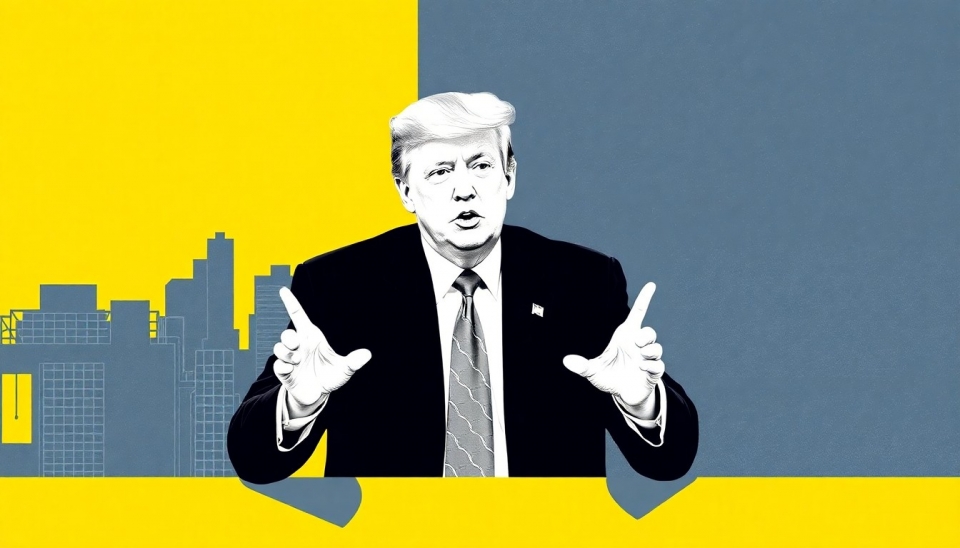
In a dramatic turn of events during the ongoing trial against Facebook, Inc. CEO Mark Zuckerberg, evidence has surfaced illustrating the depths of Zuckerberg's paranoia regarding regulatory scrutiny and competition in the tech industry. The trial, conducted by the Federal Trade Commission (FTC), has delved into Facebook's acquisition strategies and their implications for market competition.
These court proceedings have unveiled a trove of internal communications that shed light on Zuckerberg's mindset. Witness testimonies reveal that Zuckerberg often expressed concerns about his company being overtaken by rivals, leading to a series of aggressive strategic decisions aimed at maintaining Facebook's market dominance.
One of the pivotal moments in the trial was the introduction of emails and memos that showcased Zuckerberg’s mentality; he frequently highlighted the need for Facebook to strengthen its grip on the social media landscape. As competitors like Snapchat and TikTok emerged and gained popularity, Zuckerberg's apprehension escalated, manifesting in previously undisclosed communications where he discussed potential threats to Facebook’s user base.
"We've got to move fast; they're not waiting for us," Zuckerberg emphasized in one email to his leadership team, underscoring an urgency to act decisively against encroaching competition. This attitude has been interpreted by analysts as a reflection of Zuckerberg’s belief that the survival of Facebook hinged on immediate and often aggressive measures to fend off challenges.
Furthermore, the trial has also highlighted how Zuckerberg’s wariness extended beyond external competition. Sources close to the case indicated that he became increasingly distrustful of existing regulatory frameworks, leading to an atmosphere of caution and secrecy within the company. This internal paranoia has been characterized by efforts to significantly limit outside oversight and influence, as Zuckerberg sought to shield Facebook from what he perceived as looming threats from regulatory bodies.
The implications of these revelations are profound. If the court determines that Facebook's actions were indeed motivated by a desire to eliminate competitive threats unlawfully, this could reshape the regulatory landscape for not only Facebook but the entire tech sector. The outcome will undoubtedly have significant repercussions for how social media companies are monitored and controlled in the future, potentially curbing their expansive influence.
The FTC trial has captivated public interest, and as more details emerge, the broader conversation about the responsibility of tech giants in maintaining fair market practices becomes increasingly relevant. Observers and industry insiders alike are closely watching the proceedings, anticipating how they may set precedents for future regulatory actions against major companies in technology and beyond.
This case underscores a critical intersection between technology and regulation, with Zuckerberg's behavior exemplifying the complexities companies face in navigating a rapidly evolving competitive landscape. As the trial proceeds, the stakes remain high for both Zuckerberg and the FTC, with the future of antitrust measures in the tech industry hanging in the balance.
<>#> #Zuckerberg #Facebook #FTC #Antitrust #TechIndustry #Competition #Paranoia #SocialMedia #Regulation #MarketDominance #<
Author: Emily Collins




